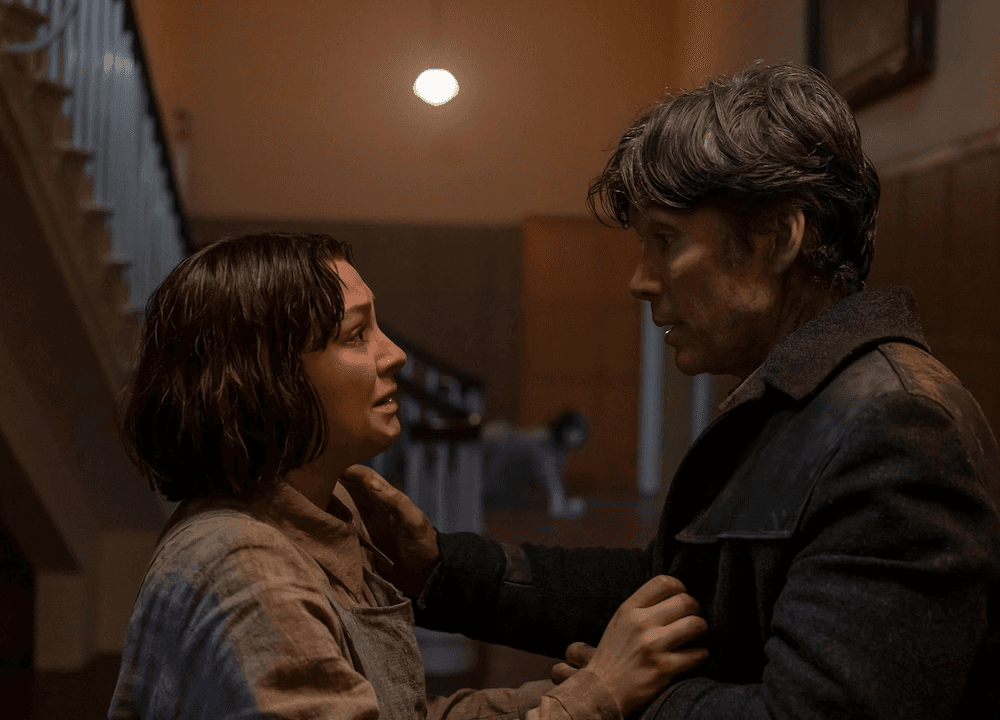PG-13 | 1h 38m | Drama | 2024
As Brad Pitt’s character, Rory Devaney, tells Harrison Ford’s character, Tom O'Meara, in “The Devil’s Own,” “It’s not an American story, it’s an Irish one.”

PG-13 | 1h 38m | Drama | 2024
As Brad Pitt’s character, Rory Devaney, tells Harrison Ford’s character, Tom O'Meara, in “The Devil’s Own,” “It’s not an American story, it’s an Irish one.”